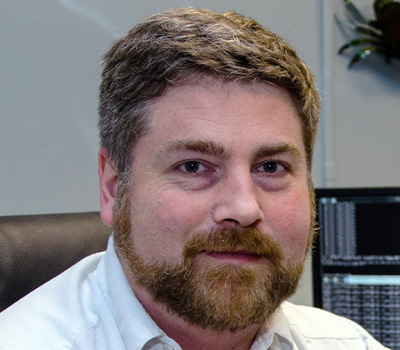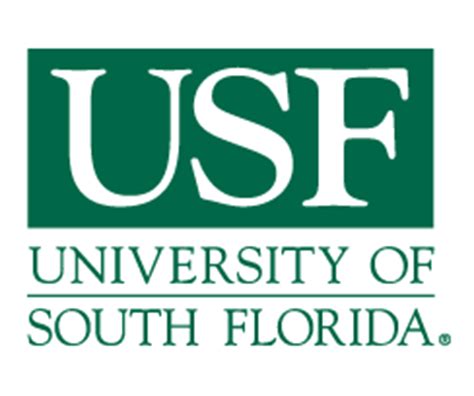How protecting our ocean's biodiversity will help humanity
The oceans are home to an incredible diversity of life and they supply humans with vital ecosystem services providing food, employment, and recreation. However, mismanagement of fisheries and the compounding effects of pollution and climate change have caused a massive loss of biodiversity, driven numerous species towards extinction, and resulted in serial depletion of species that humans catch for food. Dr. Cameron Ainsworth at the University of South Florida studies the impact that human beings have on marine ecosystems with the hope that he can influence marine policy to recognize and abate these negative effects. His research is used to inform government and conservation organizations dealing with various environmental problems including threatened species, oil impacts, food security, and climate change.
The loss of marine biodiversity is a complex issue because of the many organisms and environmental factors that interact within ecosystems. Dr. Ainsworth builds computer models of marine ecosystems representing fish, birds, mammals, turtles, and human beings to look at the whole ecosystem and how the parts work together. This unique approach allows him to collaborate with experts in many different fields and integrate their work into one product. His studies help to shape ocean policy at the state and federal level so that we may better preserve the natural environment, ensure sustainable fisheries, and help reverse a culture that caused these problems. Dr. Ainsworth's research will help us better understand the role that human beings play in the ecosystem and how effective stewardship of resources can preserve the environment for the benefit and enjoyment of future generations.
Current research projects include:
-
Climate Change: Dr. Ainsworth studies the effects of changing water temperatures, ocean acidification, and other environmental factors. His research suggests that the effects of climate change are clearly noticeable in terms of biodiversity loss, loss of coral reefs, and increased extinction risk in the most vulnerable species. His efforts are able to forecast future scenarios up to about 50 years from now in a variety of locations including the North Pacific, Mexico, Indonesia, and the Gulf of Mexico.
-
Oil Spill Study: The Deepwater Horizon oil spill in the Gulf of Mexico has been a primary focus of Dr. Ainsworth's studies since 2011. His study works to tease apart the numerous effects of the oil in the ecosystem including effects on plankton, increases in fish diseases, and disrupted migration patterns for mammals and fish. When completed, Dr. Ainsworth's model, titled "Atlantis" will give his team the unprecedented capability to simulate marine ecosystem dynamics in the Gulf of Mexico, and to help prepare for future oil spills.
- Fisheries Management: Dr. Ainsworth hopes to understand how scientists can manage ecosystems to protect biodiversity by designating marine protected areas: spatial fishery closures meant to protect essential marine habitats and breeding populations of species. Dr. Ainsworth has completed a number of projects that have looked at the conservation and economic benefits of protecting biologically important areas like coral reefs. In addition to marine protected areas, he looks at other options for fisheries management such as the use of quotas and harvest control rules in reducing overexploitation of fish stocks.
Bio
Dr. Ainsworth received his B.S. Marine Biology and later his Ph.D. in Resource Management and Environmental Studies from the University of British Columbia. His specialized work in creating models of marine ecosystems has inspired a global, long-term approach to understanding environmental risks caused by human interaction with marine ecosystems. In 2013, Dr. Ainsworth received a prestigious Sloan Research Fellowship, awarded to stimulate fundamental research by early-career scientists and scholars of outstanding promise.
Dr. Ainsworth's uncle was a fisherman and let Dr. Ainsworth work on his boat when he was young. In addition, he grew up on the coast in British Columbia, Canada. Therefore, his interest in preserving the cultural aspects marine life brings to humanity are very important to him. Specifically, Dr. Ainsworth has an interest in preserving the culture of commercial fisheries in which he believes fishermen fish out of necessity but also because it is culturally relevant.
In the News
NPR in November 2013


